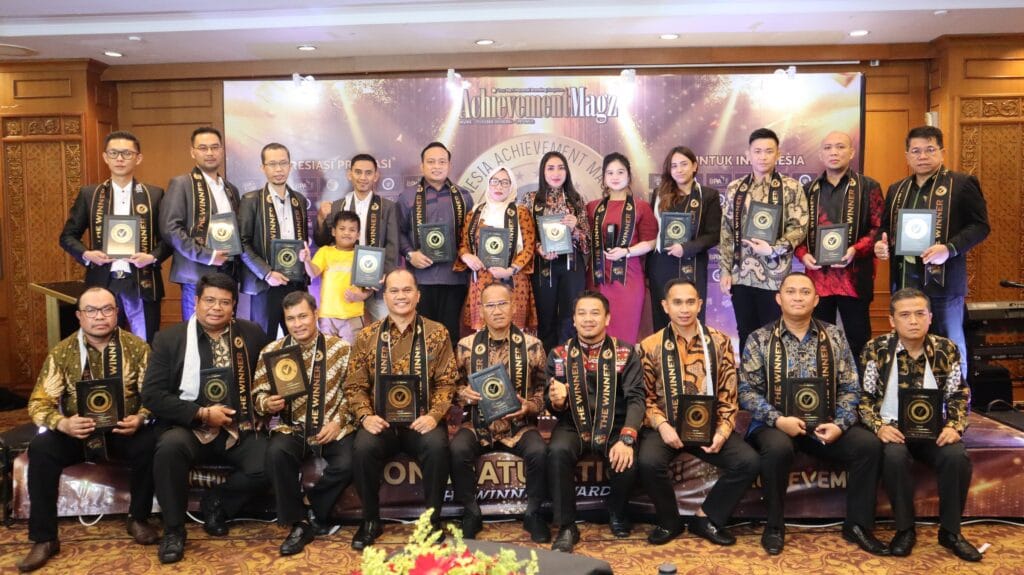Singapore – A comprehensive global study conducted by The International IQ Test at the start of 2025 reveals that Asia continues to lead the world in intelligence rankings. The analysis, based on data from over 1.3 million participants worldwide, highlights stark differences in average IQ levels among nations and underscores the pivotal role education systems play in shaping national intellectual capacity.
The research used the Raven’s Progressive Matrices, a widely respected method known for minimizing cultural bias and ensuring fairer assessments across diverse populations. The findings reaffirm the global average IQ at 100 with a standard deviation of 15, but once again, East Asian nations dominate the upper end of the spectrum.
China tops the list with an average IQ of 107.19, reflecting its sustained investment in education, science, and innovation. Close behind are South Korea (106.43) and Japan (106.40), both countries known for their rigorous academic environments and emphasis on cognitive development. Rounding out the top five are Iran (106.30) — a standout performer from the Middle East — and Singapore (105.14), whose education model is often cited as one of the most effective in the world.
The rest of the top 10 includes Russia (103.16), Mongolia (102.86), Armenia (102.58), Australia (102.57), and Spain (102.30). Other countries maintaining strong performance include New Zealand (102.08), Sri Lanka (102.02), Slovenia (101.96), Canada (101.65), and Thailand (101.52), rounding out the top 15.
This overwhelming representation of East and Central Asian nations highlights a long-term trend: nations that consistently invest in education infrastructure, research, and cognitive development policies tend to outperform others in global intelligence benchmarks. It also signals a strategic advantage for these regions in the global economy, where knowledge-based industries are increasingly dominant.
However, the study also draws attention to stark disparities. Indonesia, despite being the world’s fourth most populous nation and a growing digital economy, remains far behind — ranked 98th globally. This places it below countries such as Pakistan, Tajikistan, and Saudi Arabia. While Indonesia’s average IQ remains near the global mean, the gap compared to leading nations underlines the urgent need for systemic educational reforms, literacy enhancement, and long-term human capital development.
The 2025 results offer a deeper insight into the correlation between education policy and national intelligence. Countries that prioritize curriculum modernization, early childhood learning, teacher training, and equitable access to education consistently score higher. As the global economy shifts toward advanced technology and knowledge-driven sectors, cognitive capacity — more than ever — will define a nation’s competitive edge.
For countries like Indonesia and others in Southeast Asia, these findings serve as a strategic reminder: investing in the intellect of future generations is not just a social goal but a cornerstone of national power and prosperity in the 21st century.








